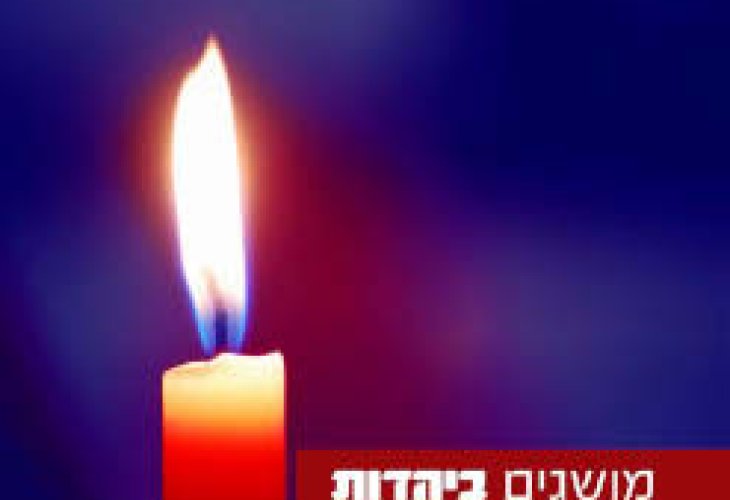Facts in Judaism
Respecting and Honoring the Deceased
It's our responsibility to treat those who have passed away with dignity and protect them from any shame or disrespect.
- Rabbi Pinchas Doron
- |Updated

When a close relative passes away, the mourner enters a special stage called aninut (being an onen) — the period before the burial. During this time, the mourner is exempt from reciting the Shema, praying, wearing tefillin, and fulfilling other Torah commandments. Even if the mourner wishes to take on these mitzvot during this period, they are not allowed to, out of respect for the deceased. It’s as if choosing to perform regular mitzvot could give the impression that the deceased is not important enough to deserve full mourning.
Similarly, one should not eat in the same room as a loved one's body, to avoid seeming disrespectful — since the one who has passed can no longer eat. They also refrain from eating meat or drinking wine as a sign of mourning. Even though mourning laws usually follow the more lenient opinions, when it comes to an onen, we are careful to follow the stricter approach, out of honor for the deceased.
Accompanying the deceased to their burial — carrying them and walking with them — is a great act of respect. The Sages taught that there are no limits to how far we may go to honor someone’s final journey, and it’s even allowed to walk through private fields if necessary. The mitzvah of tearing one's garment (keriah) upon the death of a close relative is also for their honor. Reusing a torn garment instead of tearing an untorn garment is seen as a sign of dishonor.
Burying the deceased is both a mitzvah and a way to prevent disgrace to the deceased. Even eulogizing — speaking words of praise and memory — is part of this mitzvah and falls under the Torah commandment of "Love your neighbor as yourself." If someone requested not to be eulogized, we respect their wishes. But if they didn't specify, the family must ensure a proper eulogy is given, and even pay a speaker if necessary.
Mourning itself — the customs and prohibitions we observe — is also a way to honor the deceased. It’s a way of showing that their life mattered deeply. For this reason, in certain cases, the laws of mourning are not observed. For example, one does not mourn someone executed by a Jewish court, and the absence of honor serves as part of their spiritual atonement. Mourning someone who committed suicide is a matter of halachic debate.
Comforting mourners (nichum aveilim) is a special kindness that honors both the deceased and their mourning relatives. Even if the deceased is not a relative, our Sages taught: "Whoever mourns and weeps for a worthy person is forgiven all their sins." And if a person passes away without anyone to mourn them, a group of ten righteous individuals should sit and mourn in their place during the seven days of shiva, so that their honor is preserved.
Protecting the Dignity of the Departed
Honoring the deceased also means preventing any disrespect or disgrace. The Torah teaches that a body should not be left unburied overnight, as this would be considered a dishonor not only to the person but to the image of Hashem Himself, in whose image every human being is created. However, if the delay is for the sake of honor — for example, to bring proper shrouds or a dignified coffin — it is permitted.
It is even a mitzvah for a Kohen to become ritually impure to care for the burial of his close relatives. And even on Shabbat, one is allowed to stay beside the deceased to guard them and protect their dignity. Someone who is guarding the deceased is freed from other religious obligations during that time, since they are fully engaged in the holy act of honoring the departed.

